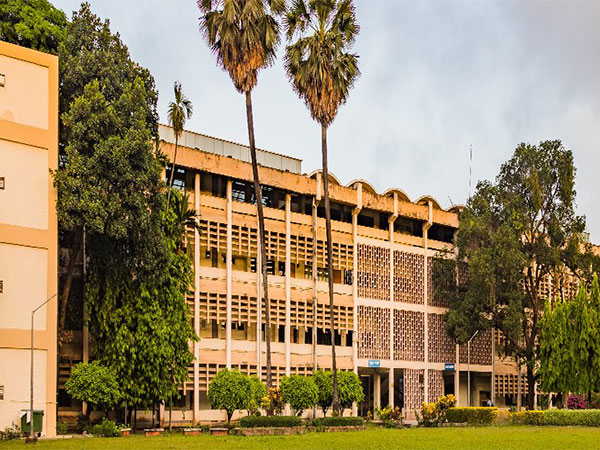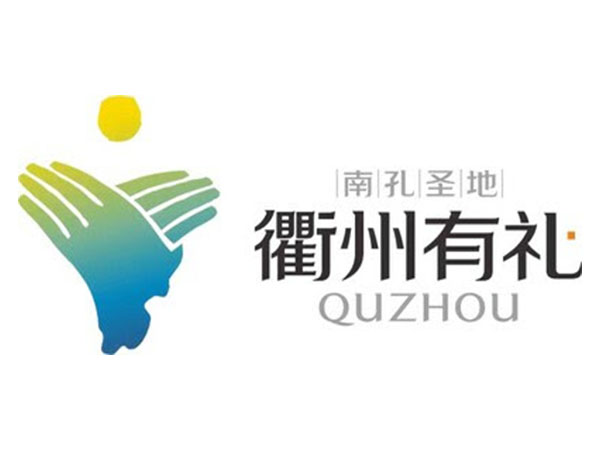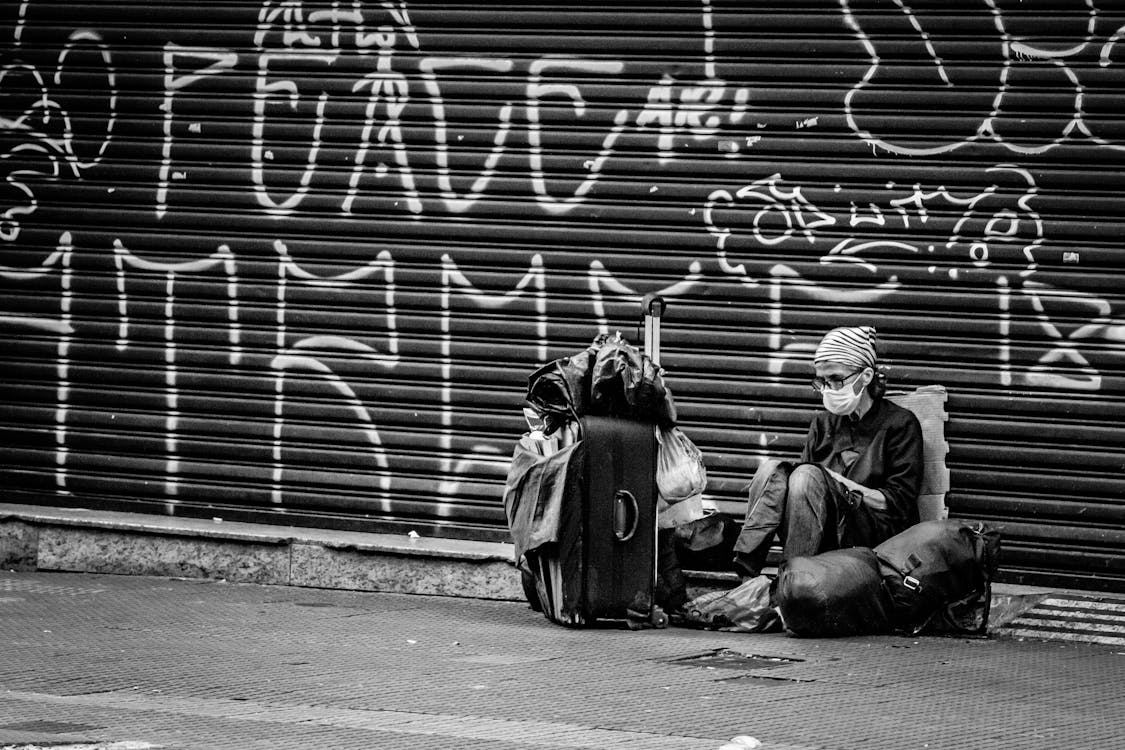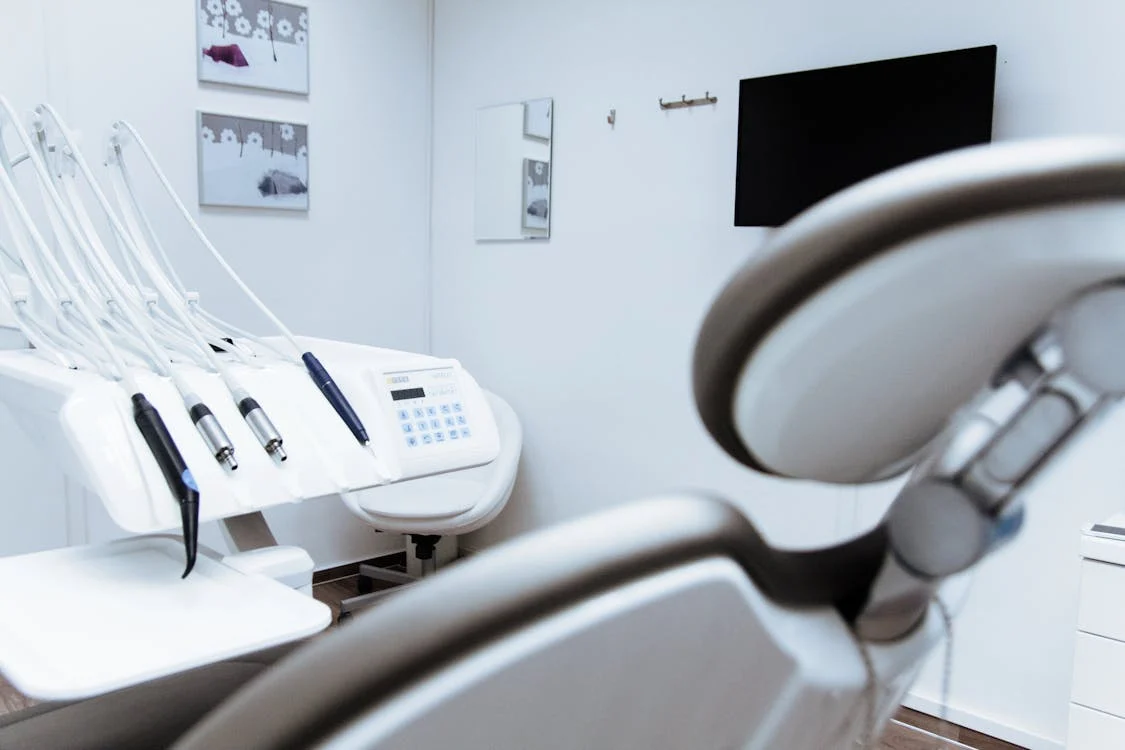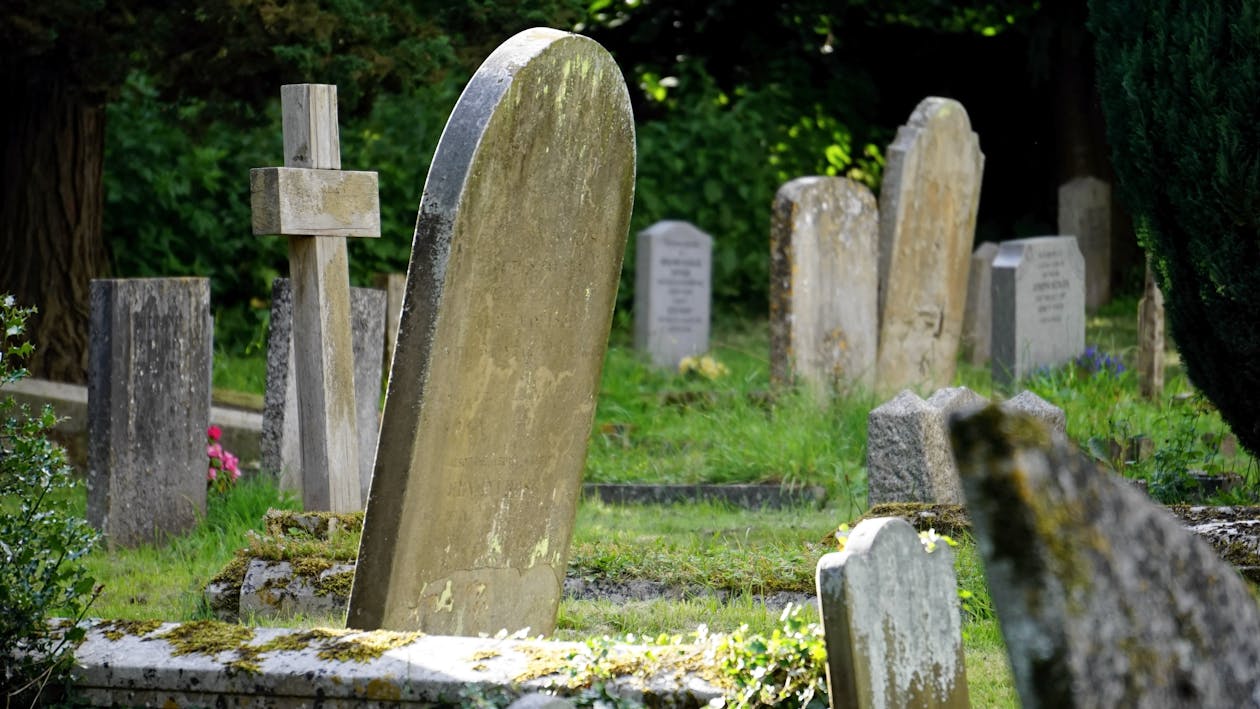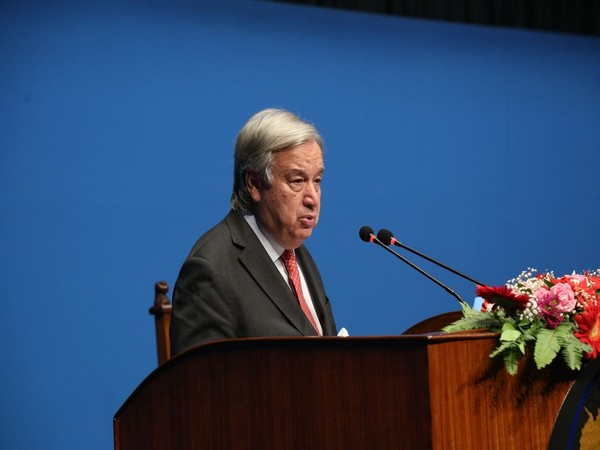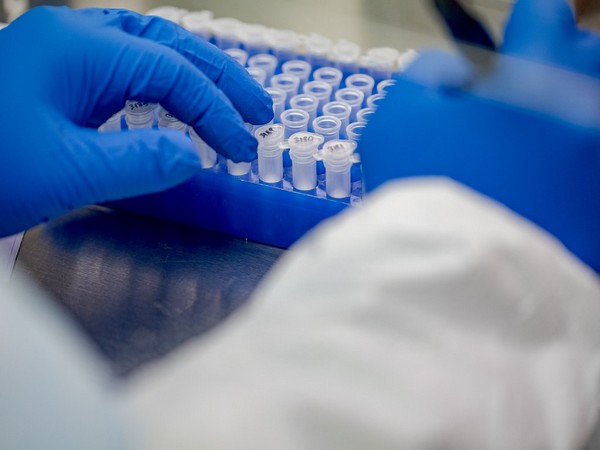
New infections fall below 2,000 for 2nd day amid 'living with COVID-19'
Nov 02, 2021
Seoul (South Korea), November 2: South Korea's new coronavirus cases fell below 2,000 for the second day in a row on Tuesday amid its "living with COVID-19" scheme meant to bring the country gradually back to pre-pandemic normalcy.
The country reported 1,589 new COVID-19 cases, raising the total caseload to 367,974, the Korea Disease Control and Prevention Agency (KDCA) said.
The daily caseload fell below the 2,000 level on Monday after reporting more than 2,000 cases for four days in a row.
Of the total, 1,578 were local infections, the KDCA said. Eleven cases came from overseas, putting the cumulative total at 15,124.
Of the locally transmitted cases, Seoul had 598 cases, with the surrounding Gyeonggi Province logging 499 cases and Incheon, west of Seoul, 112 cases.
The death toll rose by 16 to 2,874 on Tuesday, the health authorities said.
On Monday, the country began its "living with COVID-19" scheme as part of a broader plan to gradually lift the virus restrictions by the end of February amid the rising rate of vaccinations.
The health authorities remain on high alert as there might be cluster infections following the Halloween weekend, with daily new cases possibly raising by twofold or threefold.
Under the first of the three-phase scheme, people are allowed to gather in groups of up to 10, regardless of vaccination. Still, basic preventive measures like wearing masks indoors stay in effect.
Operation hour curfews for businesses that cover restaurants, cafes and movie theaters are fully lifted, except for entertainment facilities.
High-risk facilities, such as bars and nightclubs, are required to introduce the "vaccine pass" system under which visitors have to show that they have been fully vaccinated or have a negative test result.
About 41.22 million people, or 80.3 percent of the country's 52 million population, have received their first COVID-19 vaccine shots. The number of fully vaccinated people came to 38.8 million, or 75.6 percent, the KDCA said.
Source: Yonhap
